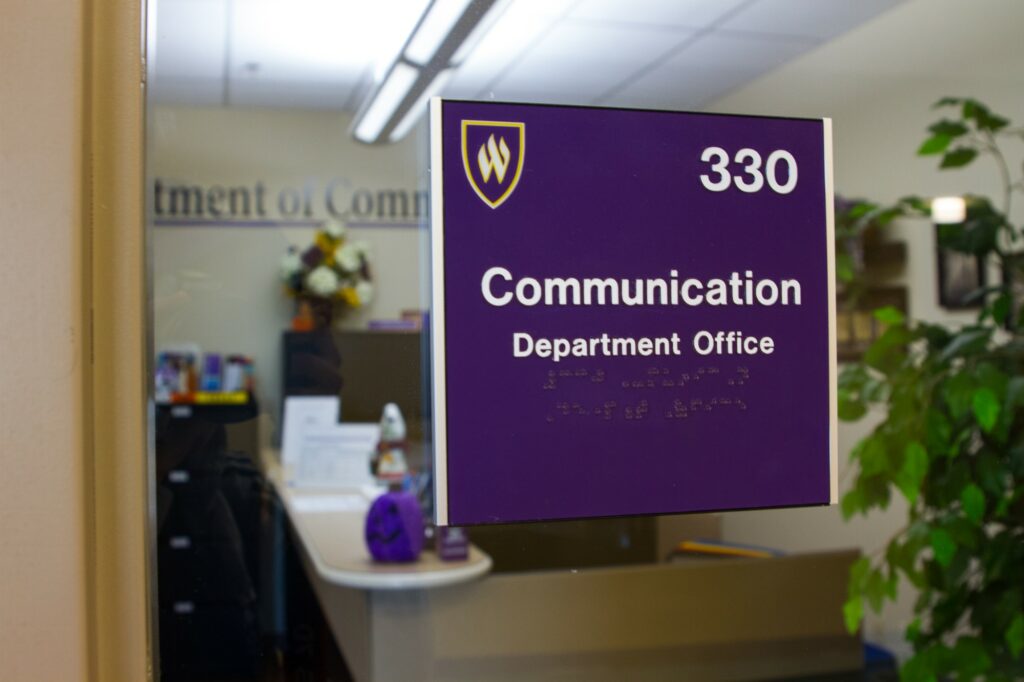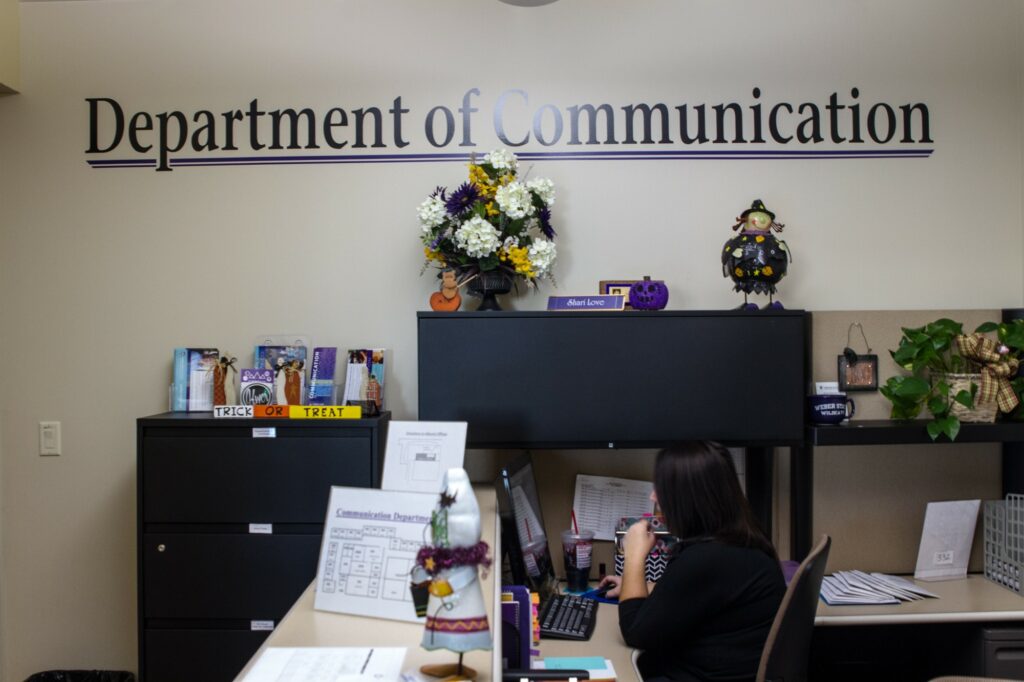Weber State University has been ranked in the top 30 best bachelor’s degrees in communications by College Rank, an organization providing online education data.

College Rank’s mission is to provide students with useful information that will help them make an informed decision regarding which college to attend, according to their website. College Rank has rankings for everything from best animation programs to best college farms.
Currently, there are just over 500 WSU students working on a communications major, out of about 28,000 total students, according to the university website. College Rank marked the university’s Bachelor of Communications degree program as 30th nationwide.
“Communication teaches the knowledge and skills employers desperately need while enriching their lives in many ways,” Sheree Josephson, WSU communication department chair, said.
The communication bachelor’s degree at WSU has seven emphasis areas, the largest program being public relations and advertising. This emphasis is complemented by Ogden Peak Communications, a university PR firm helmed by WSU students that provides real-world experience under the guidance of faculty advisor Nicola Corbin.
The second-largest emphasis is digital media. Other emphasis areas include interpersonal and family communication, multimedia journalism, organizational communication, communication teaching and civic advocacy.
The key factor in the success of Weber’s communication programs may be the several successful co-curricular, student-led organizations.
Aside from Ogden Peak, other organizations housed by the department include the WSU Debate Team and WSU Speech Team, a fully operational student video production studio dubbed Studio 76, the KWCR Wildcat Radio station and The Signpost.
WSU’s communication-related organizations have received various local and national awards. Last summer, The Signpost won the General Excellence Award in the Utah Press Association’s Better Newspaper contest for the fourth year in a row. The Speech and Debate teams consistently bring home awards and high placements from regional tournaments.

“Students learn about these things in traditional classes and apply them in the co-curricular organizations and during their internships,” Josephson said. “By the time they graduate, they have strong portfolios and the capability to continue to learn on their own.”
Students who are interested in declaring a communication major may speak to an academic advisor or contact the Lindquist College of Arts and Humanities for more information.



















